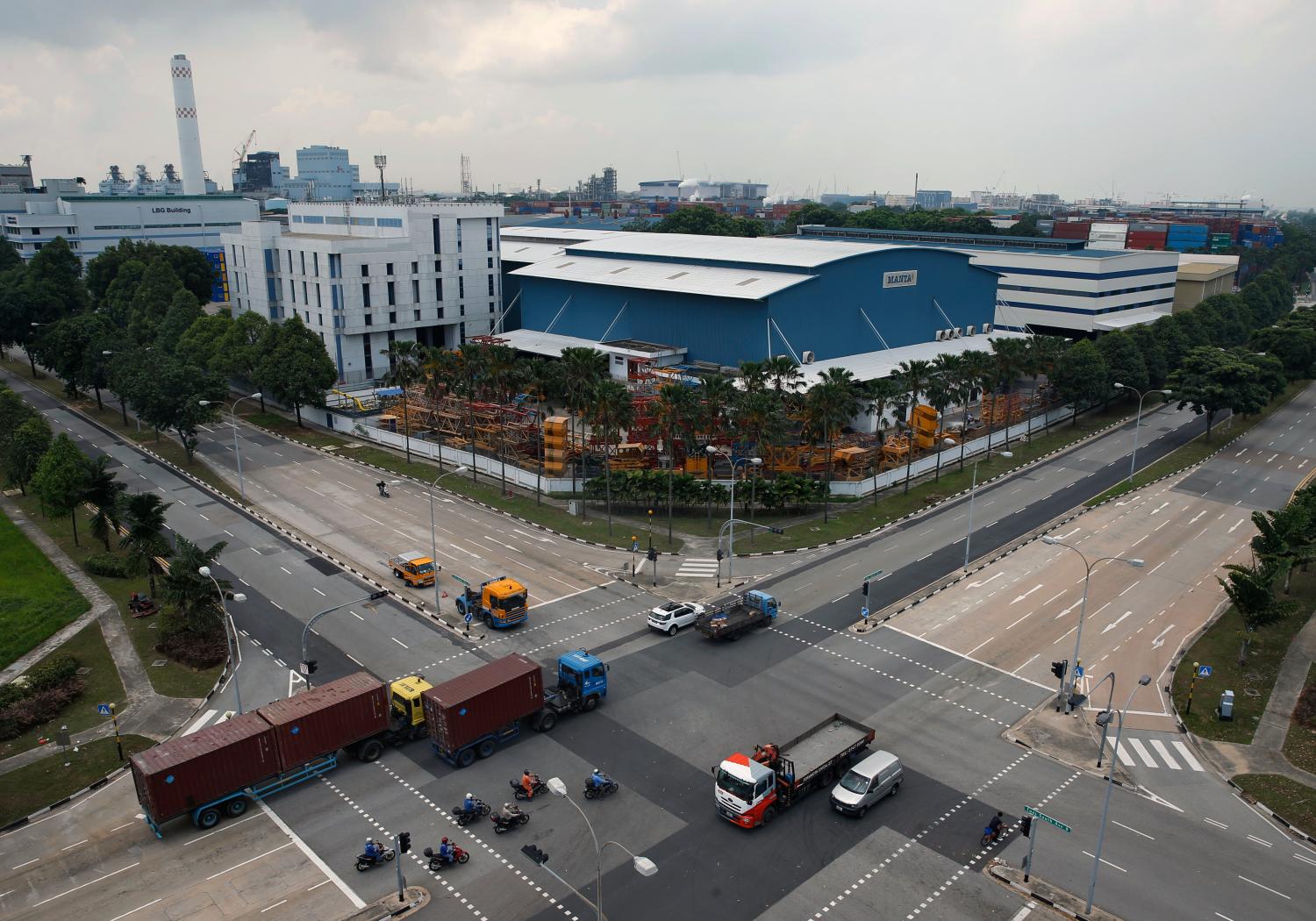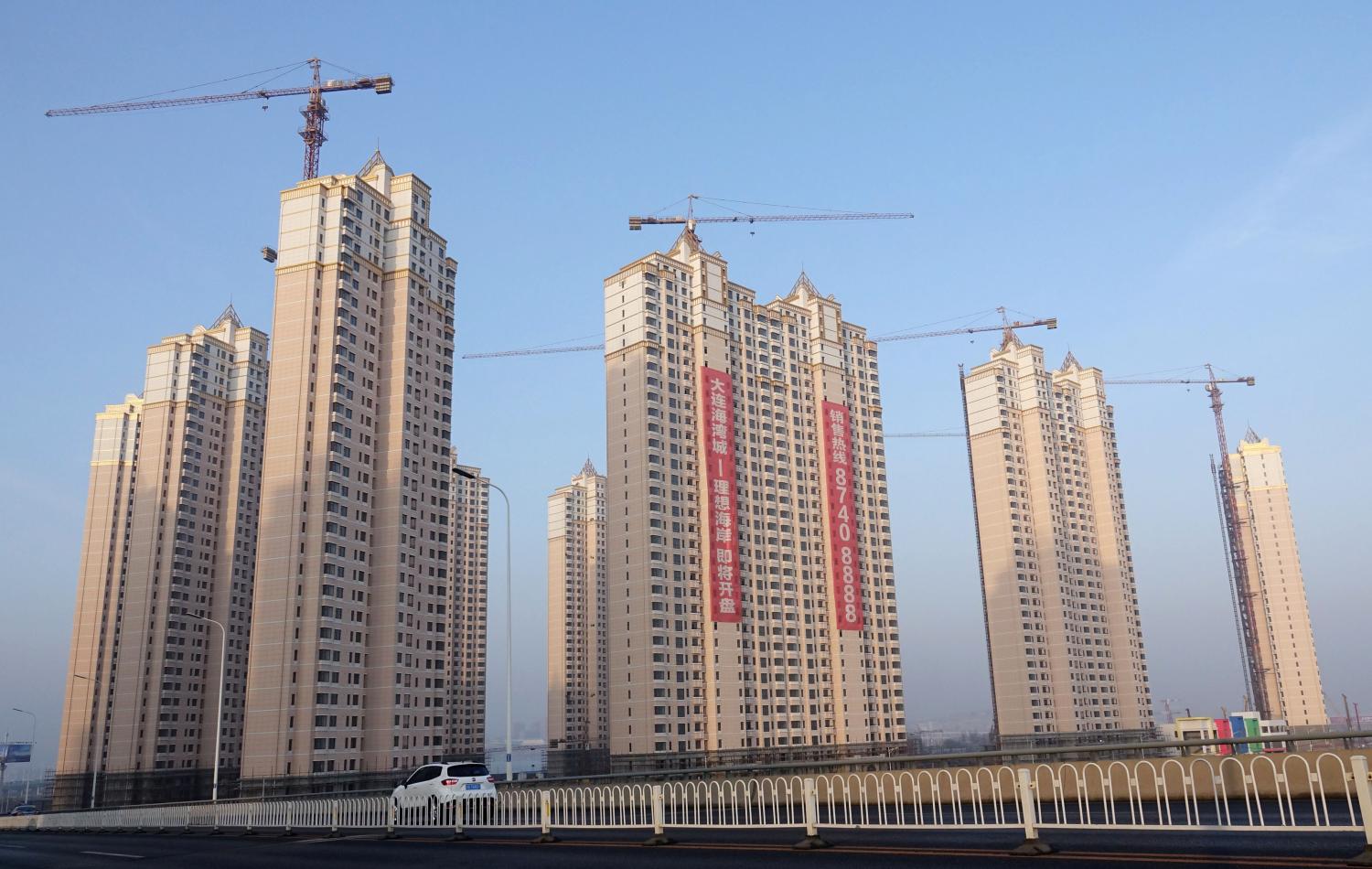Across Western economies, the future of capitalism is suddenly up for debate. Driven in part by the twin shocks of Brexit and the election of Donald Trump, the prevailing neoliberal economic model—which prioritized a light touch regulatory regime, minimal barriers to trade and foreign investment, and overall a small role for the state in managing the economy—is under attack from both the left and the right. Will neoliberalism be displaced? And what will come next?
Around the world, meanwhile, emerging markets have been grappling with similar questions for decades. Neoliberalism spread unevenly across emerging markets, and likewise many of them have been moving beyond neoliberalism for decades. These varied experiences provide valuable insights into the strengths and weaknesses of neoliberalism and the future of economic and political policymaking in a post-neoliberal world. If the Washington Consensus mantra of “stabilize, privatize, and liberalize” has lost relevance today, what—if anything—has taken its place? How are different countries reevaluating the relative roles of states and markets in delivering economic development? Are there new “models” that are generalizable and applicable across countries and contexts?
This report, which is the output of an academic workshop hosted in January 2019, seeks to provide some initial answers to these questions. It is organized around five big issue areas where neoliberalism provides incomplete or unsatisfactory policy guidance: growth strategies and industrial policy, inequality, finance and monetary policy, the environment, and power and politics.
Introduction
Beyond neoliberalism in emerging markets
Authors: Geoffrey Gertz, Homi Kharas
In an introductory chapter, Geoffrey Gertz and Homi Kharas set the stage for this discussion. They consider multiple conceptual definitions of “neoliberalism,” distinguishing between neoliberalism as an organized intellectual and political movement, as an approach to the academic study of economics, and as a specific policy program. They then discuss the reasons why neoliberalism is under threat at this particular moment, and introduce several cross-cutting questions to shape the debate, including whether neoliberalism should be adapted or overturned; whether any successor to neoliberalism will need a coherent, unified theory, or if an ad hoc, experimentalist approach is better; whether scientific and engineering advances can improve the potential of centralized planning systems; and whether today’s global governance institutions can accommodate a diversity of economic models.
Economic growth strategies beyond neoliberalism
Do we need new models for the 21st century?
Authors: Danny Leipziger
The second chapter examines the future of economic growth strategies, industrial policy, and the globalization of production processes. Danny Leipziger notes that many countries have indeed benefited from active government involvement in the economy, citing examples such as Singapore, Malaysia, and South Korea. He cautions, however, that this does not suggest every developing country should pursue an aggressive industrial policy, as such strategies are likely only to be effective when governments have requisite other policies in place, including strong macroeconomic management, control of corruption, and stable and long-lasting political regimes. Leipziger concludes that going forward more governments are likely to adopt a more assertive role in steering the productive economy, but the key to their success will be their ability to get these more basic governance functions right. Against the backdrop of a more protectionist and fractured global economy, this will prove a significant challenge.
Inequality beyond neoliberalism
Policies for more inclusive growth
Authors: Ana Revenga, Meagan Dooley
In the third chapter, Ana Revenga and Meagan Dooley assess recent trends in income inequality around the world and strategies for tackling these inequities. Revenga and Dooley note that while cross-country global inequality has been falling in recent years, the picture on within-country inequality is more complicated. While some countries (notably in Latin America) have seen falling inequality, many others have seen sharp increases, and in particular the top 1 percent have increased their share of total income—one of the key sources of discontent with the neoliberal model. They distinguish between three sets of drivers of within-country inequality: pre-distributional concerns, meaning inequality of opportunity; in-distribution concerns, meaning the polarization of the labor market between high-earning and low-earning jobs; and post-distribution concerns, meaning government use of taxes and transfers to reallocate resources. They conclude with a set of policy recommendations aimed at each of these drivers, noting that more active government policy is necessary to ensure market-based growth delivers widespread gains.
Finance and monetary policy beyond neoliberalism
The way ahead for emerging markets
Authors: Rakesh Mohan
The fourth chapter turns to the financial system and monetary policy. Rakesh Mohan begins by noting that the neoliberal era of financial liberalization was characterized by frequent crises in emerging and developing countries, and led to a system where finance served its own ends rather than supporting the needs of the real economy. Since the aftermath of the Asian financial crisis, however, many emerging markets have begun shifting toward a “middle path” on finance and monetary policy, which includes stronger capital account management, a role for both public and private banks in financial sector development, and a more active regulatory stance to ensure financial stability. Mohan argues that though many emerging markets have been experimenting with such policies for a long time, they have still generally been considered “unconventional,” and it is time to drop such designations.
The environment beyond neoliberalism
Delivering sustainable growth
Authors: Manish Bapna, Helen Mountford, Janet Ranganathan
In the fifth chapter Manish Bapna, Helen Mountford, and Janet Ranganathan consider environmental policy in a post-neoliberal era. The authors take as their starting point the imperative that strong economic growth and environmental protection must go together, and that the only viable growth path is one that is low-carbon, resilient, and sustainable. They identify four key questions for environmental policy: (1) how to measure economic well-being; (2) how to manage consumption; (3) how to design effective environmental policy; and (4) how to ensure government works well with the private sector and more engaged citizens. On all of these issues, they note that policy is shifting away from neoliberal principles in some important ways. Given that we are fast approaching irreversible thresholds and tipping points on several environmental challenges, from climate change to biodiversity to freshwater, getting this policy mix right is an urgent priority.
Politics beyond neoliberalism
History does not end
Authors: Kemal Derviş, Caroline Conroy, Geoffrey Gertz
The sixth chapter then asks how governance and political processes in emerging markets are evolving. Kemal Derviş, Caroline Conroy, and Geoffrey Gertz trace the political history of how liberalism triumphed as the dominant political model in the late 20th century, at the same time as neoliberalism was emerging as the pre-eminent variant of liberalism within the broad family of liberal ideology. Looking forward, the authors identify three core issues for emerging market political development: whether corruption and state capture will drive demands for populist politics; whether governments that do not adhere to liberal democratic principles can nevertheless achieve some elements of legitimacy and accountability; and whether individual preferences or group identities will play a larger role in defining political cleavages. They close by discussing whether either populist nationalism or authoritarian capitalism will be a lasting challenge to liberal democratic political models, and note that emerging markets will need to navigate this world at a time when prospects for multilateralism and global cooperation appear to be declining.
Conclusion
Toward a new economic and political model?
Authors: Geoffrey Gertz, Homi Kharas
Finally, in brief concluding remarks, Geoffrey Gertz and Homi Kharas note that emerging markets’ experience with neoliberalism has been quite different from that of current debates in the West. Many emerging markets never had a strong consensus in support of neoliberalism; likewise, in moving beyond neoliberalism, they have tended to evolve in a piecemeal, ad hoc nature, rather than fundamentally changing economic systems. Moreover, the authors argue that there is no coherent alternative model to neoliberalism, in the sense of a consistent and universal policy program, on the horizon today. Rather, they see countries adopting experimentalist, iterative, evolutionary approaches to policy change, creating a landscape that may be messy and incoherent but also better allows countries to develop policy solutions attuned to their own particular challenges and contexts.
The Brookings Institution is committed to quality, independence, and impact.
We are supported by a diverse array of funders. In line with our values and policies, each Brookings publication represents the sole views of its author(s).





